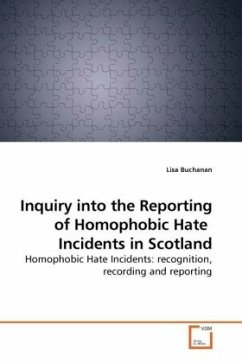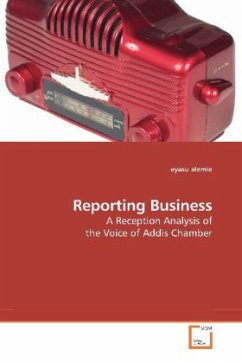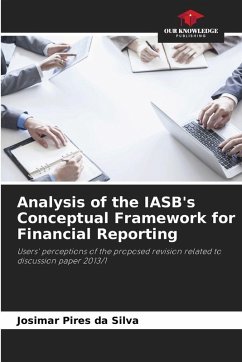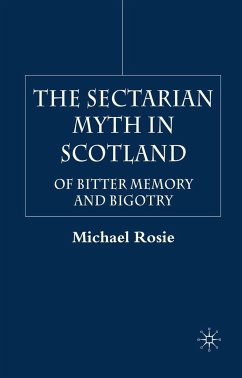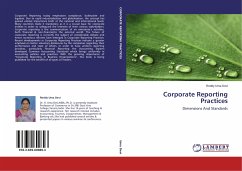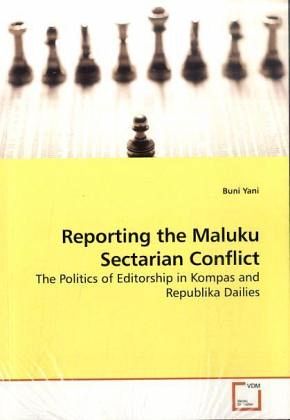
Reporting the Maluku Sectarian Conflict
The Politics of Editorship in Kompas and Republika Dailies
Versandkostenfrei!
Versandfertig in 6-10 Tagen
32,99 €
inkl. MwSt.

PAYBACK Punkte
16 °P sammeln!
This research explores the politics of editorship in the Kompas and Republika dailies in covering conflict between Muslims and Christians in Maluku, Indonesia. It is attempting to answer why the two most prominent Indonesian newspapers cover the same event differently. As a Catholic-affiliated newspaper, Kompas defended the Christian interests; and as a Muslim newspaper, Republika defended the Muslim interests. Two approaches are employed here to understand the two newspapers difference in reporting. The first approach is philosophical framework underpinning the theory of interpretation, known...
This research explores the politics of editorship in the Kompas and Republika dailies in covering conflict between Muslims and Christians in Maluku, Indonesia. It is attempting to answer why the two most prominent Indonesian newspapers cover the same event differently. As a Catholic-affiliated newspaper, Kompas defended the Christian interests; and as a Muslim newspaper, Republika defended the Muslim interests. Two approaches are employed here to understand the two newspapers difference in reporting. The first approach is philosophical framework underpinning the theory of interpretation, known as hermeneutics, and the second one is the political economy which shaped the two newspapers in their current characteristics. Any text or event is open for interpretation, and an interpretation depends on the interpreter s worldview and attitudes. This factor has made Kompas s and Republika s difference in reporting. The political economy, or specifically, the power behind the press contributed to the difference in policies of the two newspapers editorship.



